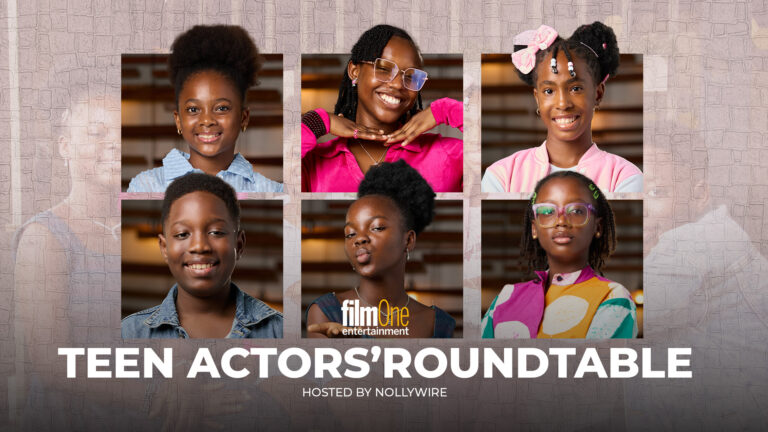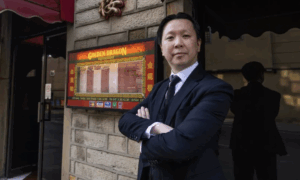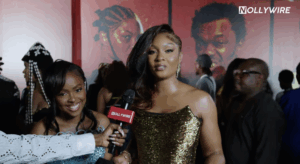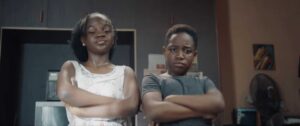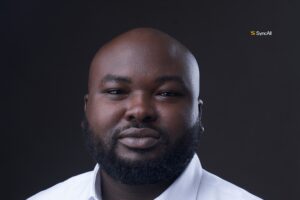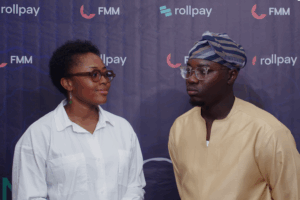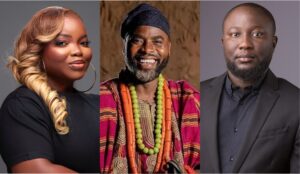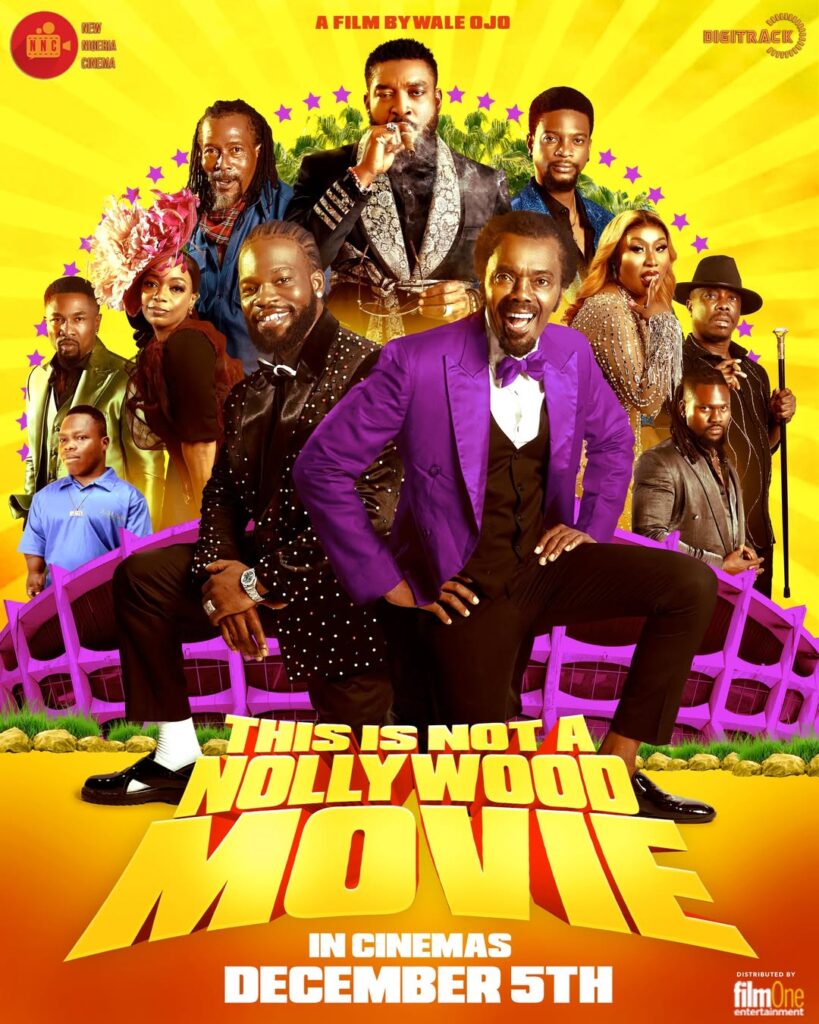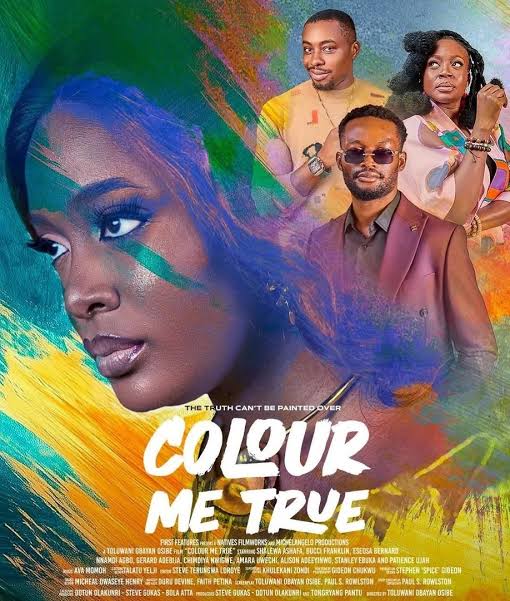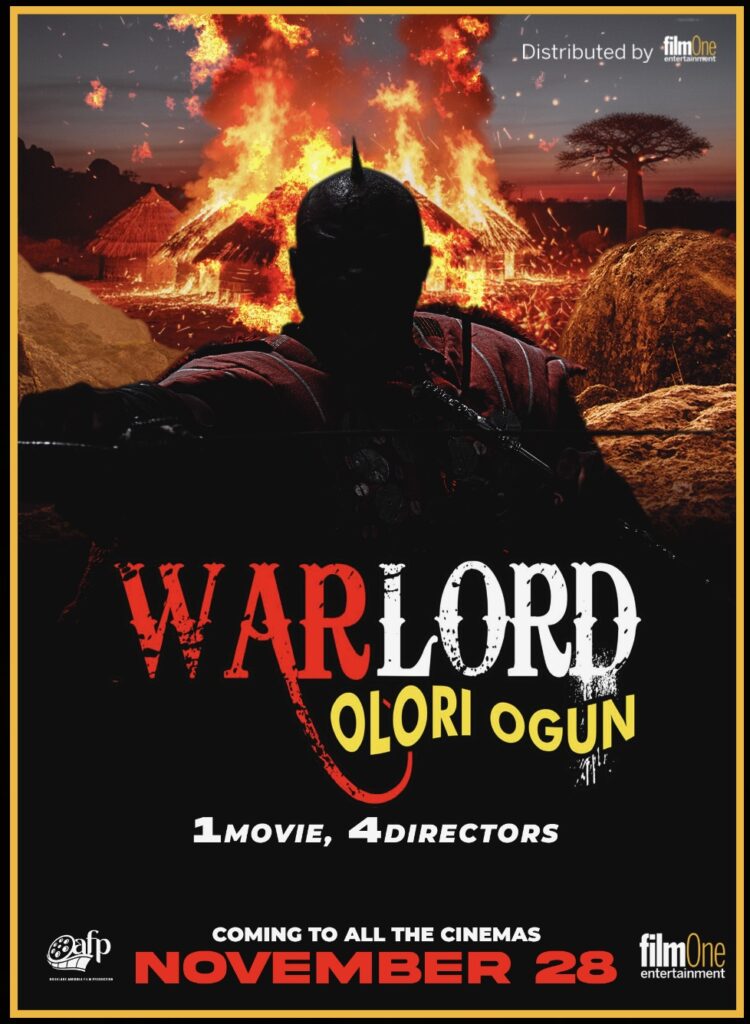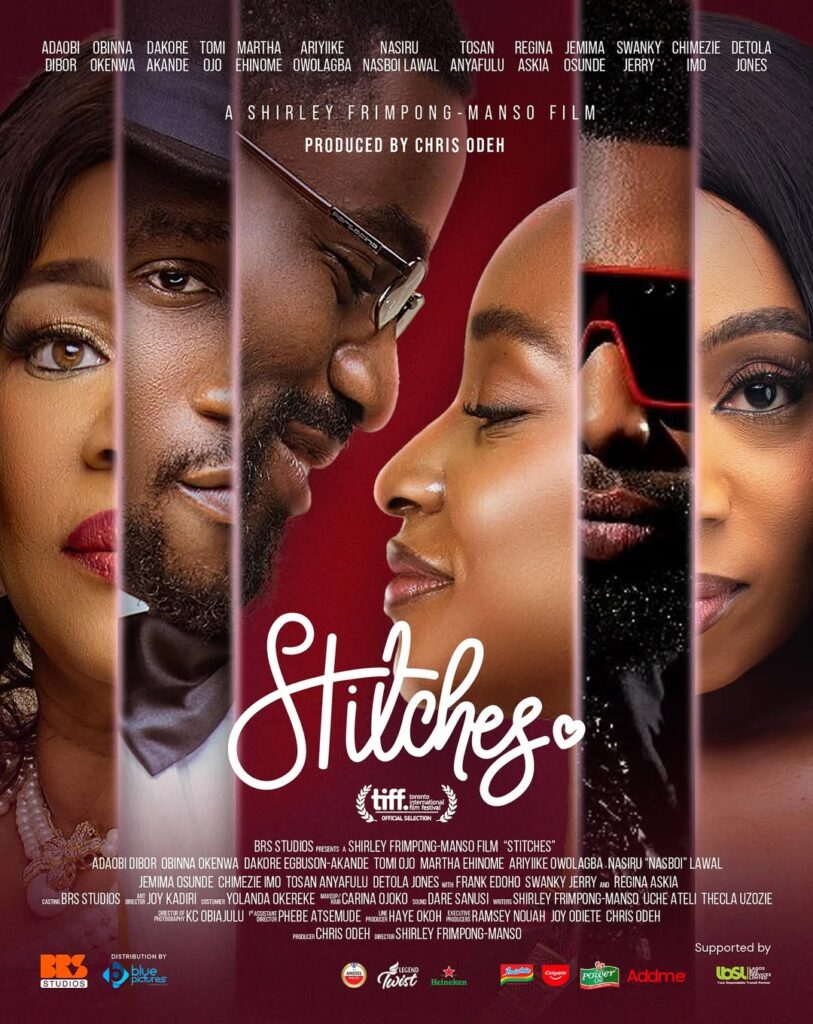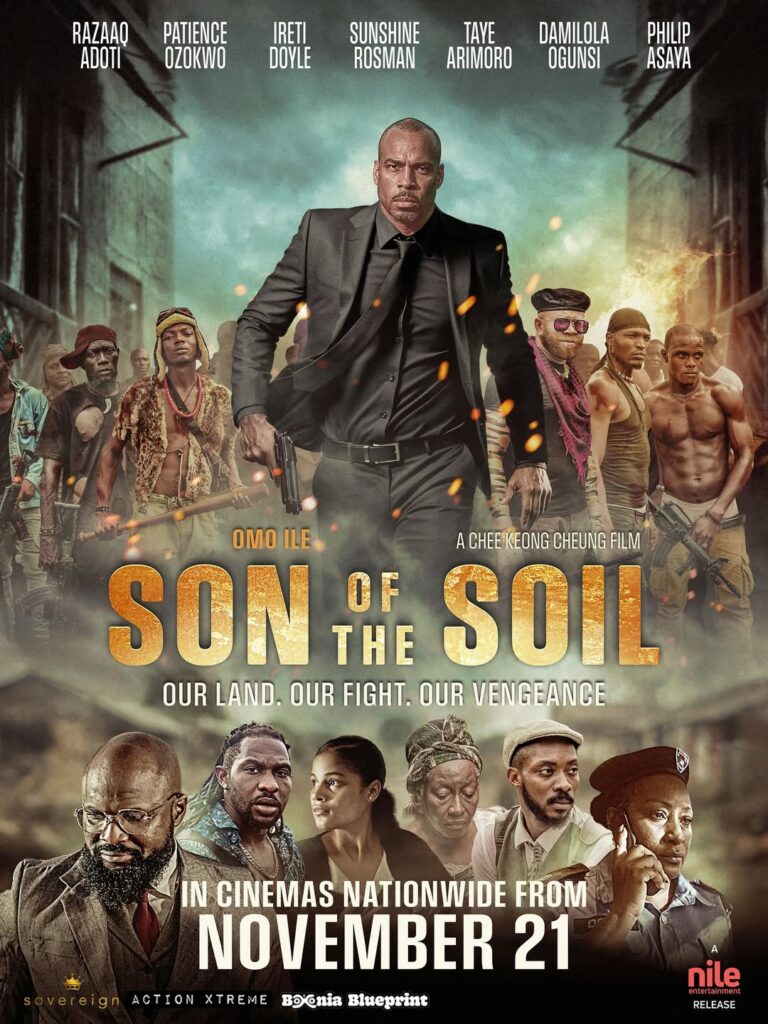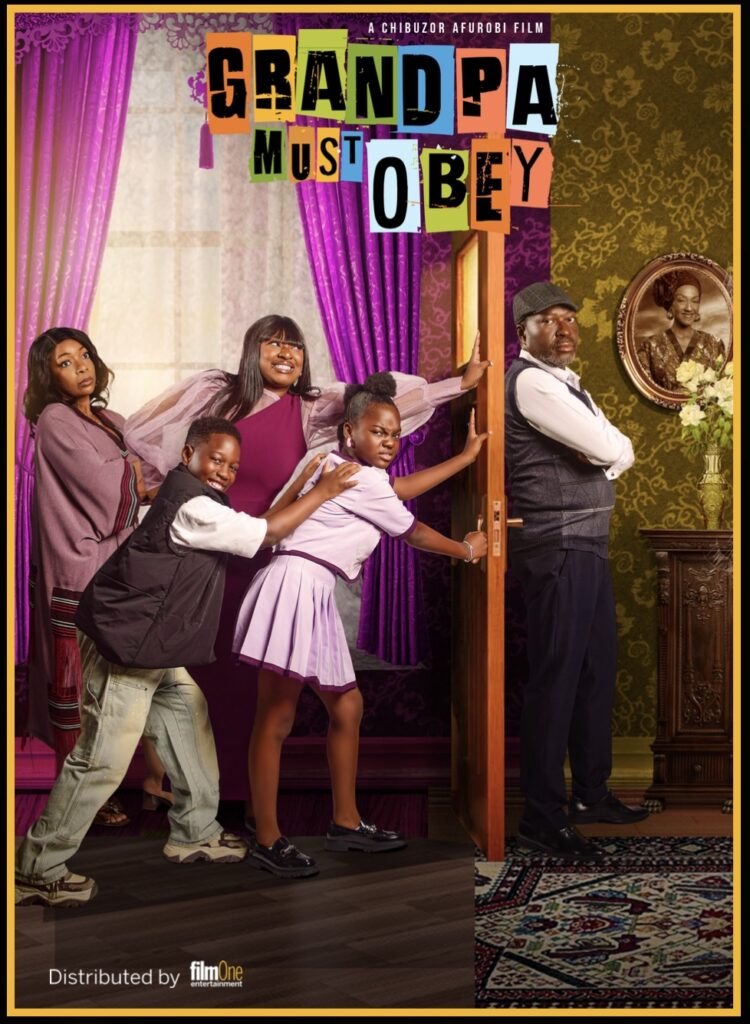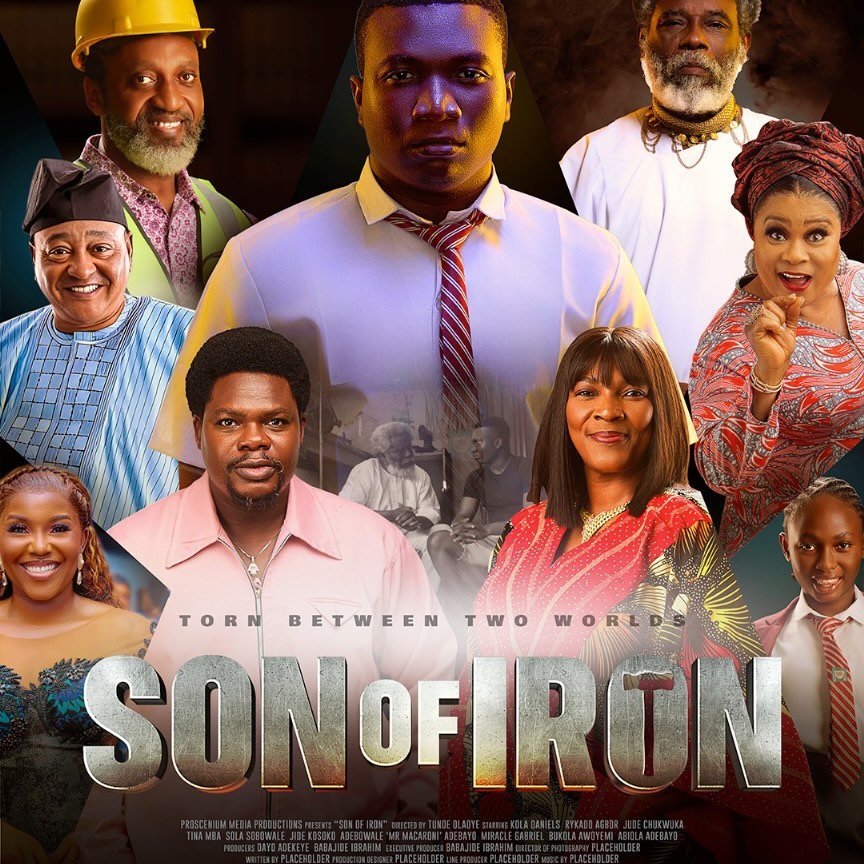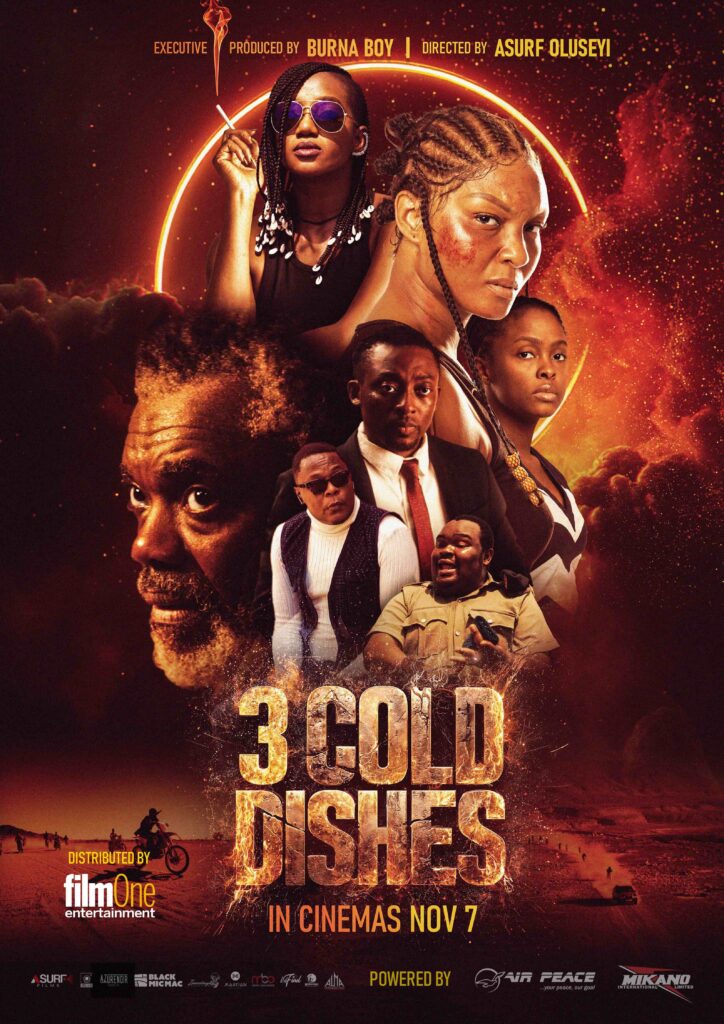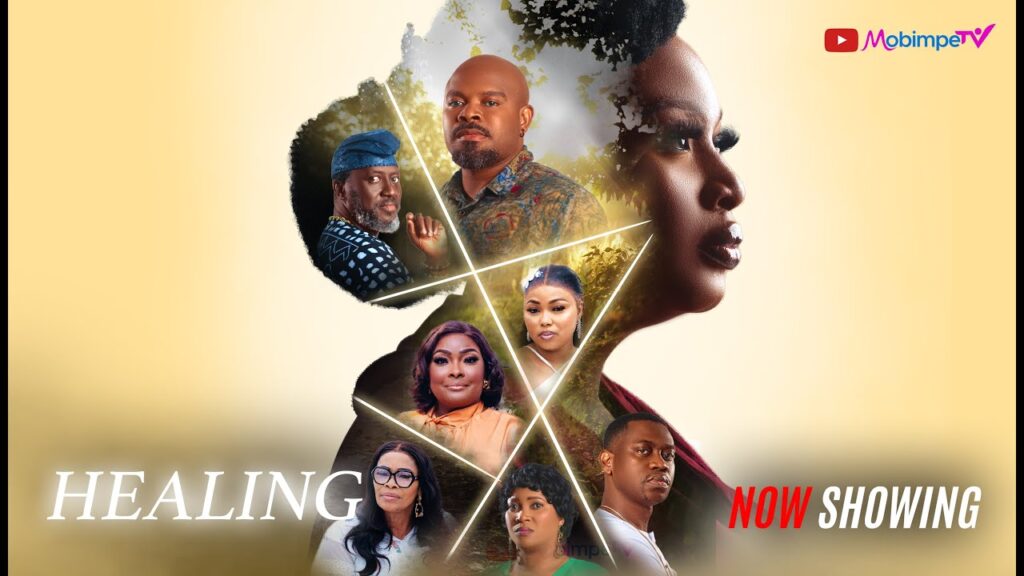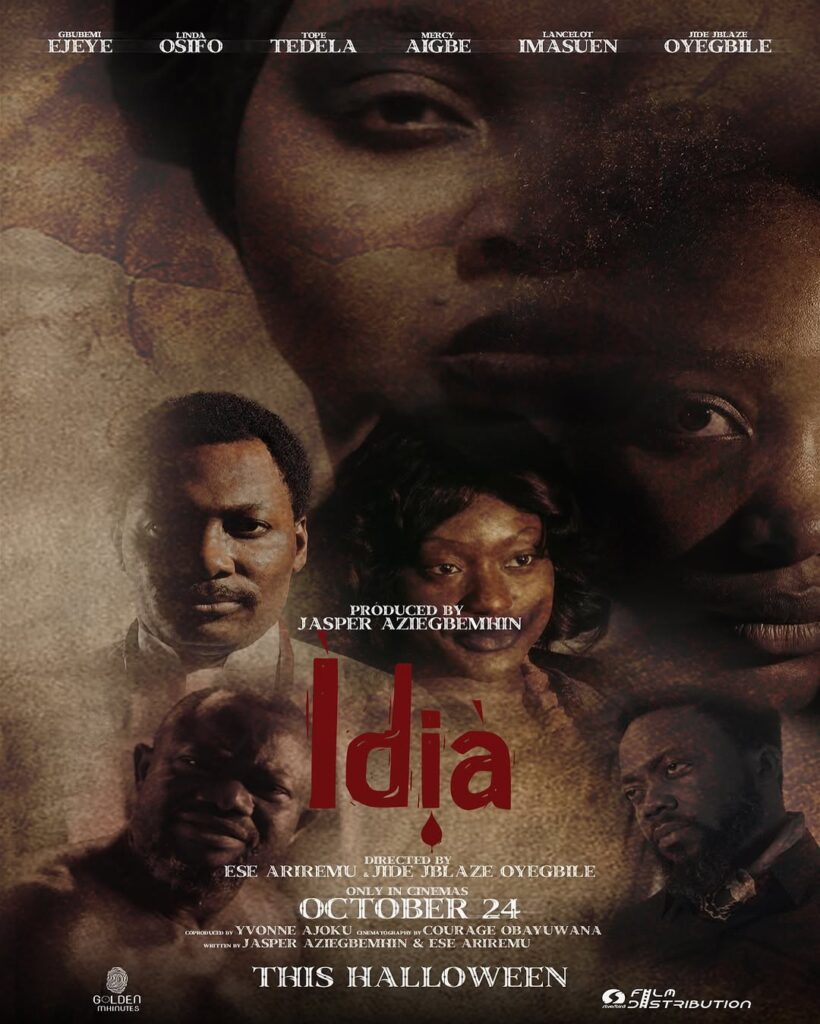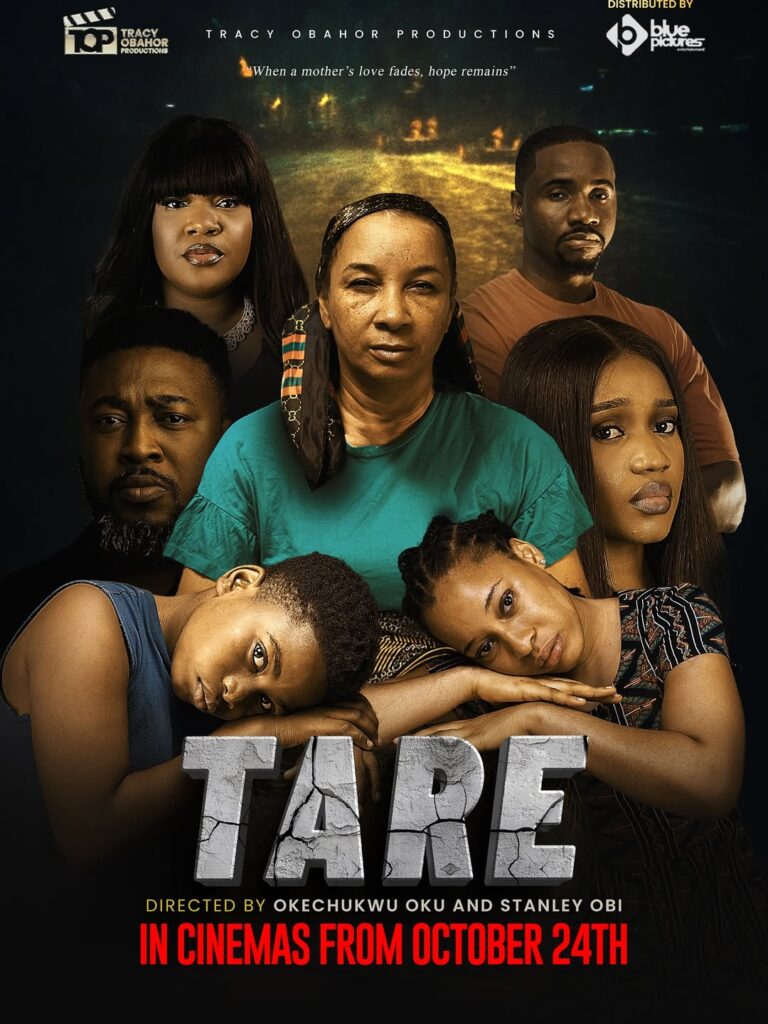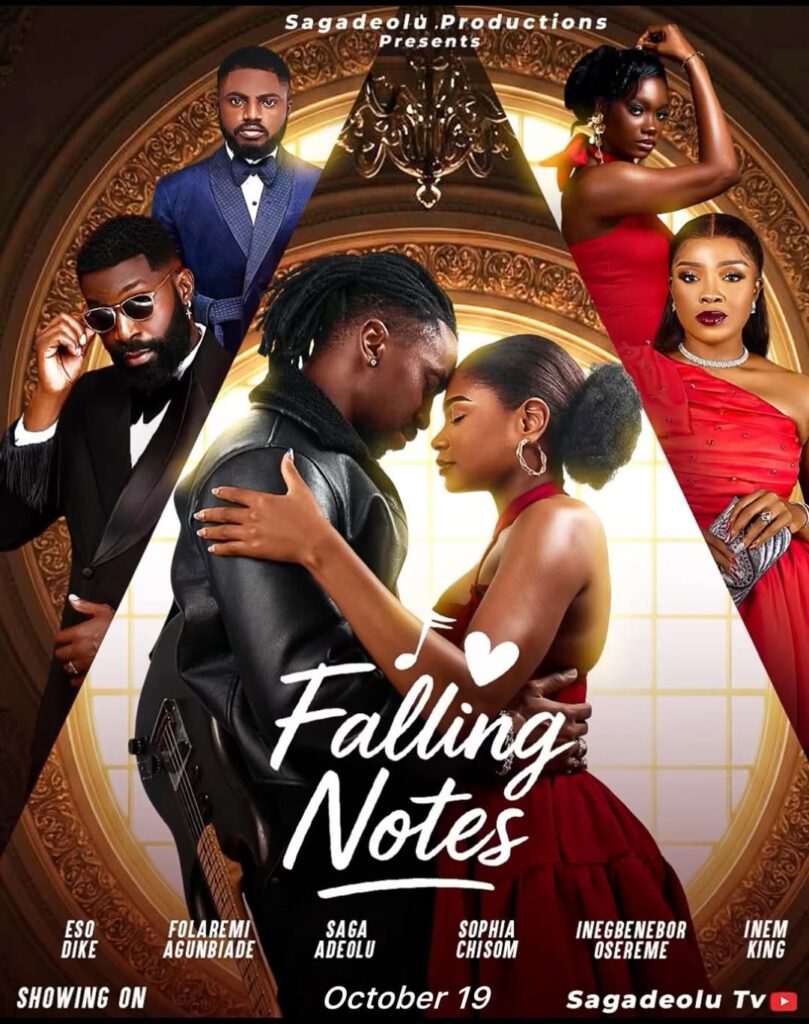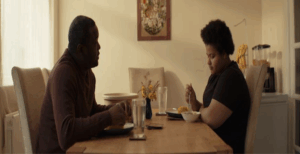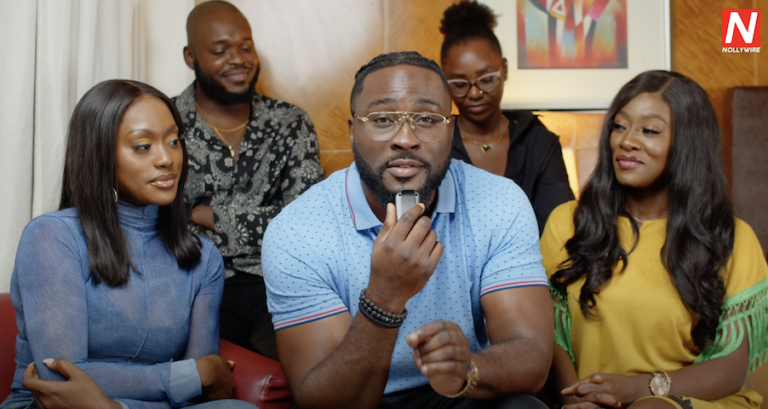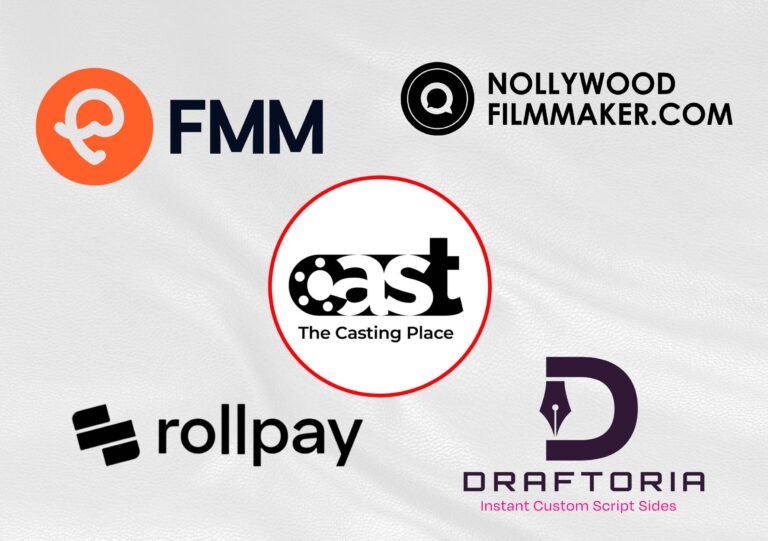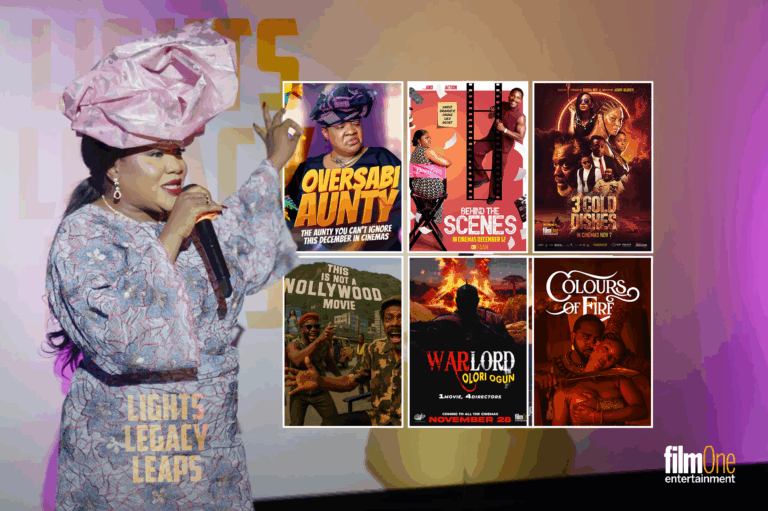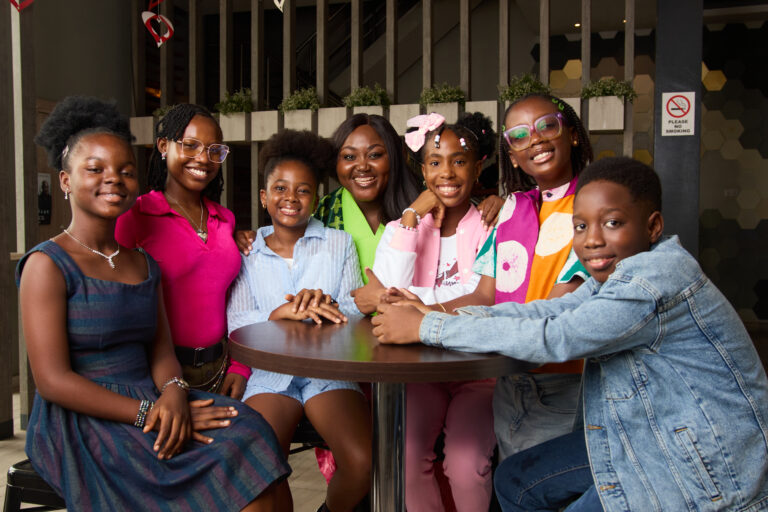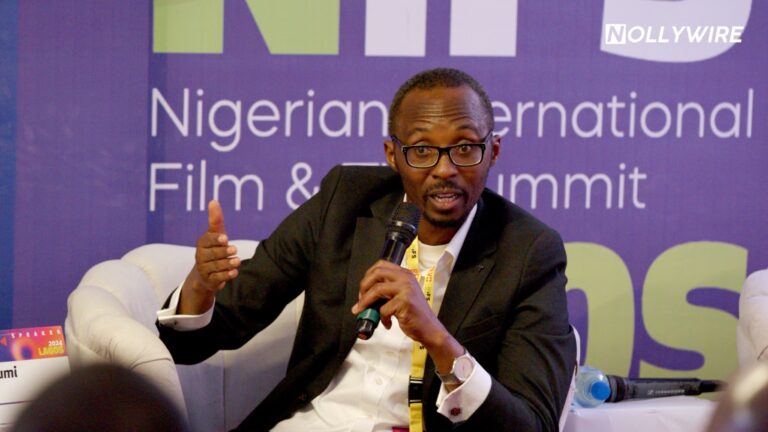Some stories don’t need to be invented. They’re already out there, in WhatsApp chats, over dinner tables, hidden in drafts of unsent emails. Zikoko Life has spent years collecting these kinds of confessions, turning them into essays that feel familiar to anyone who has ever loved, lost, or wanted more.
With its first film anthology, ‘What’s Left of Us,’ ‘My Body, God’s Temple,’ and ‘Something Sweet,’ ‘Zikoko Life,’ in collaboration with Bluhouse Studio and producer Blessing Uzzi, asks a new question: What happens when these stories are seen, not just read?
The answer is a trio of short films that take desire seriously, give women’s voices centre stage, and refuse to flatten human emotion into neat conclusions.
‘What’s Left of Us’: A Quiet Rebellion
Co-directed by Victor Daniel and Olamide Adio, What’s Left of Us is the first film in the Zikoko Life anthology and stars Caleb Richards and Tolu Asanu in a story that Nigerian women will instantly recognise. The film follows a woman grappling with the weight of a patriarchal marriage and her quiet but powerful journey toward self-assertion.
Though Daniel and Adio—both men—adapted the film from pre-existing material, they understood the limits of their lived experience and turned outward. “We knew we couldn’t fully feel misogyny,” they said, “but we could see it.” And so they listened—to their sisters, to their wives. That act of listening, of crafting through community rather than ego, shows. The film is empathetic without being preachy and subtle without shying away from truth.
‘My Body, God’s Temple’: Sensuality, Shame, and Self
Perhaps the most technically and thematically daring of the trio, ‘My Body, God’s Temple’ is Uzoamaka Power’s directorial sophomore effort, which she not only wrote but also starred in opposite Andrew Yaw Burnting. It was shot in Ibadan, a welcome departure from the Lagos-centric backdrops Nollywood often defaults to.
The film interrogates purity culture, shame, and sexual exploration with rare nuance. Its “spicy scenes”—void of nudity yet thick with intimacy—are masterfully choreographed. Power’s direction is confident, even daring. On a closed set with just the two actors, the cinematographer, and the producer Blessing Uzzi, the sex scenes were choreographed down to the tilt of a hand or the length of a stare. “It’s a lot of ‘put your hands here—no, not like that… yes, like this.’ And endless takes,” she joked after the premiere. But the discomfort was made manageable by Burnting’s support and the crew’s sensitivity.
When asked how she juggled all three roles, Power credited collaboration. “There were moments I’d be waiting for the director’s call,” she laughed, “and Blessing would say, ‘You are the director. Come and see the monitor and approve the shot.’” It’s that blend of self-awareness and creative generosity that makes Power a name to watch.
‘Something Sweet’: Desire Across the Divide
The final short in ‘Zikoko Life,’ ‘Something Sweet,’ is a tender exploration of intergenerational romance. Written and directed by Dika Ofoma, the film stars singer-actor Ogranya as Leke and veteran actress Michelle Dede as his older love interest.
Ofoma, known for his quiet, realist heartbreakers, lets his romantic idealism shine through this time. The film is delicate without being timid. One moment that had the premiere audience collectively exhale was when Leke says, “I can call you mummy, if you want,” as a response to Michelle Dede’s character, “I’ve a son your age who calls me mummy.” It is cheeky, sexy, and oddly sincere, perfectly capturing the film’s tone.
Ofoma wanted to push against Nigeria’s rigid cultural scripts around age and relationships. He asks, What does it mean to feel desire in a society that demands you suppress it if it doesn’t look a certain way? In answering that, he gave us a story full of sweetness and depth, resisting the temptation to wrap things neatly or descend into melodrama.
From Page to Screen—And Possibly, A Movement
In many ways, Zikoko Life’s anthology feels like Nigeria’s answer to the New York Times’ Modern Love series. The stories are adapted from real-life submissions by everyday Nigerians, and that authenticity bleeds through each frame. These are not fantasies; they are lived experiences, shaped into narrative by creators who deeply respect the source material.
The success of this anthology raises a thrilling question: could this be a new wave for Nollywood? The industry has long excelled at biopics, adaptations of historical icons and cultural legends. But with recent successes like Wole Soyinka’s ‘Elesin Oba’ and Adaobi Tricia Nwaubani’s ‘I Do Not Come to You By Chance,’ fiction and personal essays are clearly fertile ground. These are stories Nigerians already love; now, they get to see them.
‘Zikoko Life’ may have just cracked open a fresh creative model: emotionally resonant, low-to-mid-budget short films that centre Nigerian voices in their full complexity. If this becomes a recurring franchise, there is so much more terrain to cover: stories of Gen Z, queer love, ageing and intimacy, long-term marriages, and blended families.
For now, this anthology leaves us with one resounding truth: there is no shortage of Nigerian stories, just storytellers brave enough to tell them right.


